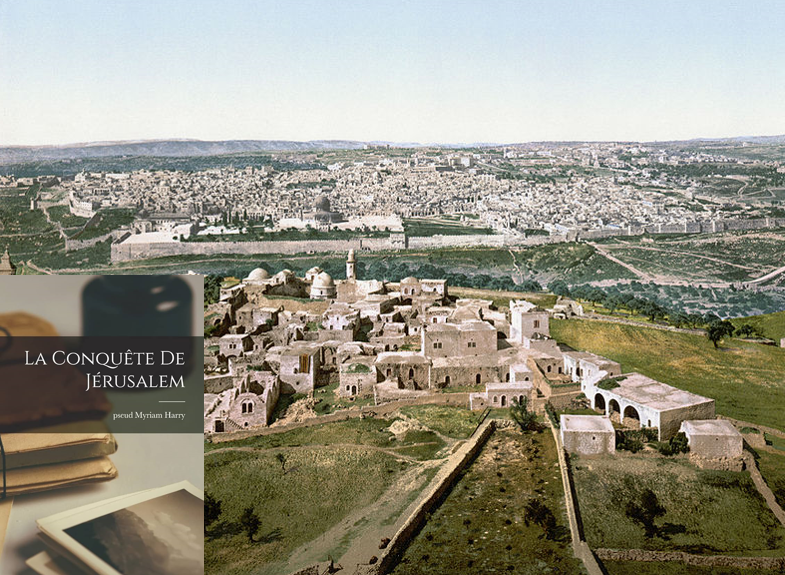Naftali Bennett, a célébré son cinquantième anniversaire vendredi, entouré de son équipe, au bureau, avec des ballons et un gâteau. Avec beaucoup de bonne humeur, tous ont entonné un « joyeux anniversaire » en lui promettant une grosse surprise.
Une vidéo de la célébration a été publiée sur le compte Facebook de Bennett, vendredi. Le clou de la fête a été l’apparition du musicien Kobi Oz, chanteur du groupe israélien Teapacks, dont Bennett est un grand fan. Oz a embrassé Bennett et lui a souhaité un joyeux anniversaire, avant d’échanger quelques amabilités. Oz a plaisanté sur le fait qu’il aurait normalement dû sortir du gâteau.
« Je voudrais vous souhaiter un joyeux anniversaire et aussi vous dire ‘merci’ pour votre travail acharné pour le bien du peuple d’Israël », a déclaré Oz à Bennett, alors que les deux hommes étaient assis face à face. Oz a dit qu’il espérait que Bennett poursuivrait ses efforts « et réussirait dans toutes [ses] entreprises ». Connu pour son style flamboyant, Oz est le leader des Teapacks, un groupe pop-rock formé dans la ville de Sderot, dans le sud du pays, en 1988. Avec plus de 8 albums vendus à plus de 300 000 exemplaires, Teapacks est l’un des groupes qui ont le plus influencé la musique israélienne au cours des dernières décennies. (Times of Israel).
……………………………………………………………………………………………………………………………………………………………………………………………………….
Who is the most important Israeli musician of the last generation? Not the most gifted or popular, but the most influential, one without whom the country’s sound wouldn’t be the same?
My vote goes to Kobi Oz—the mix-track trickster, the spoonful of sugar that helps the medicine go down, the Tunisian from a town of Moroccans who brought the South to Tel Aviv and changed what we mean by Israeli pop. Of course, more than one person is responsible for the rise of the once-disdained sound known by the generalization “Mizrahi,” or “Eastern,” which has become Israel’s spiritual equivalent of American country and western music, though the two genres sound absolutely nothing alike. If we must choose one musician responsible for the mainstreaming of the Israeli Eastern sound, it might be Oz.
Listening to Oz’s work over the past 30 years, you get a portrait of a changing country—one constantly in crisis but also one with an irrepressible life, a place that has given up on being someplace else and has come to terms with itself. Because Oz and his band broke through in the ’90s, the age of the music video, it’s actually possible to witness the crucial moments in their rise on YouTube, like the release of “In Newsprint” in 1993. The odds were stacked against the song, which has prickly lyrics about Israelis—describing them as people diverted by jokes, journalism, and self-delusion—and a complicated melody that changes rhythm abruptly in the middle and moves into explicitly Moroccan territory. The song was unlike anything people had heard before. It wasn’t immediately clear if the band was earnestly channeling the North African sound or laughing at it, as was common in those days, when Mizrahi culture was still mocked by the wardens of popular taste.
The record, the band’s second, was going nowhere at the time and the record company’s enthusiasm was flagging. As a lead singer, Oz was strange—small and antic with a braid, chunky glasses, and a smile that was engaging without quite being friendly, like he had a good joke but thought you might not get it. His band’s sound, the company was saying, was “too Arab.” He and his bandmates pooled most of the money they had, $600, and filmed a video in front of a live audience at a place in Jaffa that usually featured Greek singers. The crowd immediately hated both the band and the song—you can see it in the faces in the video. Were these guys Moroccan or Ashkenazi? What was this shit? Only when a popular Greek performer came onstage afterward did the crowd start dancing, relieved that Oz and his friends were gone. Oz told the cameraman to film that, then edited the clip so it looked like people were dancing to his own song. It worked: The video got airtime, “In Newsprint” became a classic, and the band never looked back.
“Humor is an incredible Israeli tool to win acceptance in society,” Oz said when we met in a Tel Aviv café; he ambled in with a leopard-print sunhat casting shade on his trademark glasses and goatee. He’s 51 now, nearly one of the elder statesmen of the pop scene, and everyone recognizes him on the street. “If you don’t want to be the kid who’s ignored,” he said, “it’s better to be the kid who people laugh at. If they laugh at you long enough, you’re one of the guys. You start laughing at yourself, and then you can laugh back at them.”
That observation has its roots in Sderot, the southern town where Oz was born in 1969. Sderot is now famous for being the favorite target of Palestinian rocket squads in nearby Gaza—many thousands of rockets have hit the town, and a child was killed there in the last round of fighting this spring. But when Oz was growing up in the ’70s and ’80s, Sderot was just a poor backwater whose residents were mostly a North African proletariat working in factories run by the socialists on nearby kibbutzim.
A working-class town with a rich culture spurned by the majority, containing talented musicians with no connections at any radio station or record company and no hope of getting anywhere near the mainstream—all of this seems to have created the electricity that put Sderot’s underground scene on the map. Hard rock was big in Sderot years before it made its mark in Tel Aviv. The town produced some important bands, a few of which made it and most of which broke up before any outsiders heard of them.
The town was also home to a second underground scene, inhabited by entertainers who’d play parties and weddings with Arabic songs and stage names like Sheikh Muijo and Filfel el-Masri. These were artists who’d come with the great migration to Israel from the Arab world and were doing their best to keep people’s spirits up in a country that was less welcoming than expected. They sang traditional music as well as protest songs coated in a kind of acid humor, which occasionally broke through as novelty hits. A good example from the 1950s was Filfel el-Masri’s “Installments,” about people being convinced to buy now and pay later, or Jo Amar’s “Unemployment Office,” about trying to catch a break as a Moroccan guy in a bureaucracy that favored people from Poland. Sderot was a small place, but it had a lot going on.
For Oz, the town’s key musical figure was (and remains) the guitarist Haim Uliel, son of Matatya, who was a cultural impresario and member of the Black Panthers, the anti-establishment Mizrahi protest group of the ’60s and ’70s. The younger Uliel started out in tight jeans and long hair playing Black Sabbath, then did a sharp U-turn back to the music he grew up with in his father’s café on the town’s main drag, Herzl Street. The café would host Jewish performers from North Africa and also Arab musicians who came over from nearby Gaza, which at the time wasn’t a ministate run by terrorists and surrounded by fences, but just a place down the road.
The scene at the Herzl Street café was sketchy, with uncouth men and women of disrepute, Uliel recalled when I met him at the little house next door where he grew up and still lives—an intense 65-year-old in shorts and flip-flops whose living room couch is occupied by a guitar case. But it was those people in low places who ended up keeping the old sounds alive. There was a door between the house and the café, and the denizens of the demimonde would sometimes wander into Haim’s kitchen. He’d wake up and find drummers asleep on the floor.






